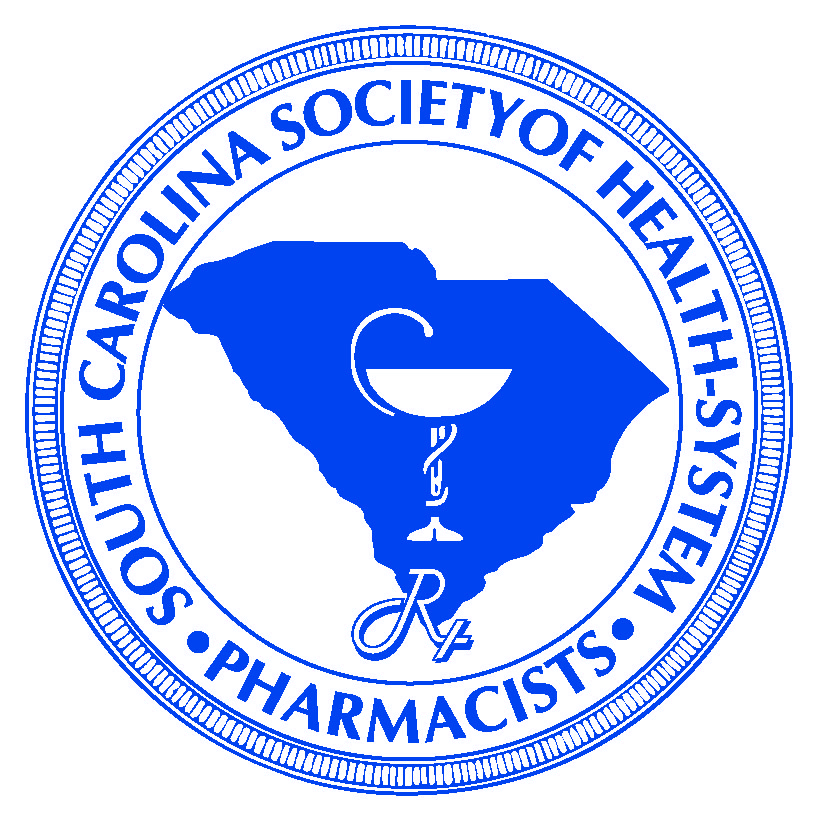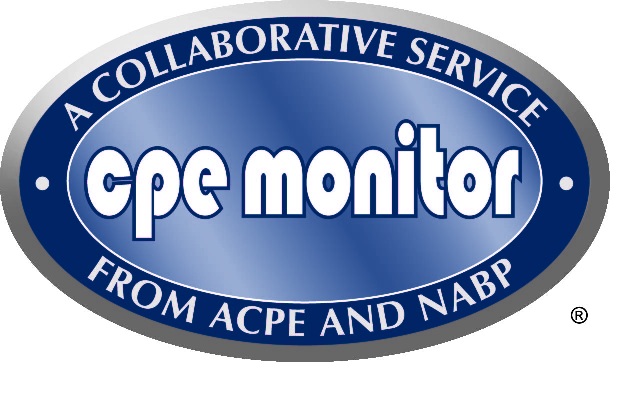
Date: Oct 10, 2019 08:00 AM - 05:00 PM
CE Hours
CE Units
Activity Type
- Knowledge-Based and Application-Based
Target Audience(s)
- Pharmacists
Accreditation(s)

|
The University of South Carolina College of Pharmacy is accredited by the Accreditation Council for Pharmacy Education as a provider of continuing pharmacy education.
|
Co-Sponsor(s)
Requirements for CE Credit
- Explain the scope of the opioid epidemic and how chronic pain control is involved
- Compare and contrast how cannabis and opioid medications affect pain
- Evaluate the pros and cons of cannabis use for chronic pain
- Interpret and critique findings that suggest cannabis use may reduce opioid use
Speaker(s)/Author(s)
|
Daniel J. Berlau, PhD
|
Activity Number
0062-9999-19-206-L01-PCE Hours
- Describe pharmacotherapy options for treatment of diabetes mellitus
- Identify side effects and patient characteristics that influence treatment decisions
- Apply evidenced guidelines to the treatment of diabetes
Speaker(s)/Author(s)
|
Jessica M. Odom, PharmD, BCPS, BC-ADM
|
Activity Number
0062-9999-19-207-L01-PCE Hours
- Describe current treatment guidelines on anticoagulation reversal in patients with life-threatening hemorrhage
- Evaluate the evidence behind different agents for anticoagulation reversal
- Determine if anticoagulation reversal is appropriate and select the appropriate agent and dose in specific patient scenarios
Speaker(s)/Author(s)
|
Steven Robinette, PharmD, BCCCP
|
Activity Number
0062-9999-19-208-L01-PCE Hours
- Explore the ethical base of palliative medicine
- Discuss basic principles and concepts of ethics
- Apply ethical principles to landmark cases
- Recognize ethical issues in the practice of pharmacy
Speaker(s)/Author(s)
|
Andres Felix Leone, MD
|
|
|
Benjamin Thompson, MD
|
|
|
Kristi D. Ford-Scales, MD
|
Activity Number
0062-9999-19-209-L04-PCE Hours
- Describe pharmacist impact on commonly encountered clinical scenarios
- Provide an example of appropriate continuity of care for commonly encountered clinical scenarios
- Apply medication safety principles to commonly encountered clinical scenarios
- Describe the importance of applying evidence-based medicine to commonly encountered clinical scenarios
Speaker(s)/Author(s)
|
Kathy Chessman, PharmD, BCPS, BCNSP, FCCP
|
Activity Number
0062-9999-19-210-L01-PCE Hours
- Discuss the complexities of anticoagulant selection and dosing
- Review Joint Commission standards around anticoagulation
- Examine pharmacy’s role in optimizing anticoagulation through a DOAC Clinic
- Describe the challenges and opportunities arising from launching a DOAC Clinic
- Define transitions of care
- Identify gaps that result in ineffective transitions of care
- Illustrate components of a multidisciplinary post-discharge transitions of care model
- Examine the ambulatory care pharmacist’s role in optimizing transitions of care
Speaker(s)/Author(s)
|
Kristina Vizcaino, PharmD, CACP
|
|
|
Shandi L. Pack, PharmD, BCPS
|
Activity Number
0062-9999-19-211-L01-PCE Hours
- Identify 5 key principles for effective precepting
- Formulate a plan to include the 5 key principles in precepting, even when time and resources are limited
- Recall the reasons why precepting is important to them as an individual
- Recognize the importance of precepting to the future of pharmacy
Speaker(s)/Author(s)
|
Julie Sease, PharmD, FCCP, BCPS, CDCES, BCACP
|

